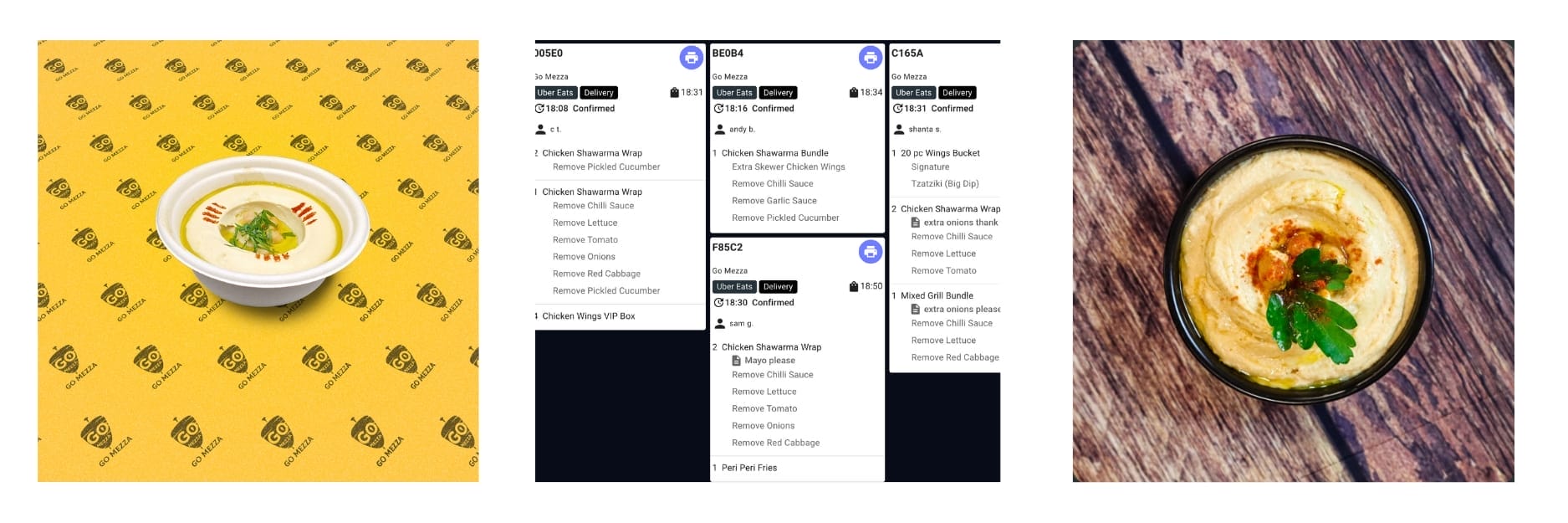As part of ReLondon’s ‘High Streets Beyond Waste’ programme, we’ve awarded grants to 22 London high street businesses to enable them to try out their ‘beyond waste’ initiatives – helping them and their customers reuse, repair, rent, share and recycle more.
After a competitive application process, ReLondon selected the winning businesses from across London, ranging from cafes to shops to nail salons. Each high street business has been given a grant of between £2,500-£10,000 to set up a new ‘beyond waste’ circular economy idea to tackle all the stuff they or their customers buy, make, use and throw away, while also helping their business to grow.
As the businesses begin to implement these ideas, we’re pleased to share updates on their progress so far. Read on to learn more about them and their innovative, circular ideas.
Café Terrace‘s project is all about reducing single-use packaging by introducing reusable coffee cups. They’ve given out more than 200 reusable collapsible cups so far, with great feedback from customers who have enjoyed the incentive of a discount whenever they bring their cup.
“The staff are so friendly and I love my free reusable cups, I bring them with me every time! The coffee and food are also super good. It’s so nice to see a small business thrive on the high street.”
A popular salon in Islington, Neuton are reducing their waste by reusing hair that would otherwise end up in the bin. They’re working with local communities, gardeners and allotment holders to offer this hair as a valuable resource for composting. So far they’ve diverted 10kg of hair from waste; 5kg has gone to composting already, and a remaining 5kg is still seeking a home – so if you’re looking for hair for your garden or compost, get in touch!
The Black Lamb is a Wimbledon-based restaurant using their High Streets Beyond Waste grant to tackle food waste. They’ve been able to purchase a Limetrack SMART bin for the restaurant that will track and analyse food waste. They plan to use this data to set up a realistic food waste reduction target and train staff in ways to reduce the waste they produce, such as adjusting portion sizes or designing new menu items using surplus ingredients.
Petit Village is a speciality grocers and juice bar on Deptford High Street whose circular project is all about fighting food waste! In the month of June they separated 288kg of fruit and vegetable pulp to be repurposed or composted instead of being thrown away. They have developed two delicious new recipes that use waste fruit pulp from their juices – both of which are already selling well, and they have set up a composting partnership with a local gardener.
They’re also working in collaboration with food waste consultancy, Forage and Fern, and local students from Goldsmiths University on their next step: installing a dehydrator to expand the range of food they can give a second life to, while exploring how to best compost non-edible items.
Go Mezza is a Lebanese restaurant and takeaway based in Brent. With their High Streets Beyond Waste grant, they’ve introduced new AI-powered software solutions Nory and Vita Mojo that let customers customise their orders and help Go Mezza to better track and forecast inventory.
Through making these small changes, they’re already seeing new patterns emerge that have helped them to reduce waste and save money. After a few weeks of using the new software, they discovered that small pots of hummus were much more popular with customers than larger ones which were often leftover and thrown away. They decided to switch to only offering small pots, which has led to the hummus selling out each week, thereby reducing food waste and actually helping them increase revenue.

Credit: Go Mezza






